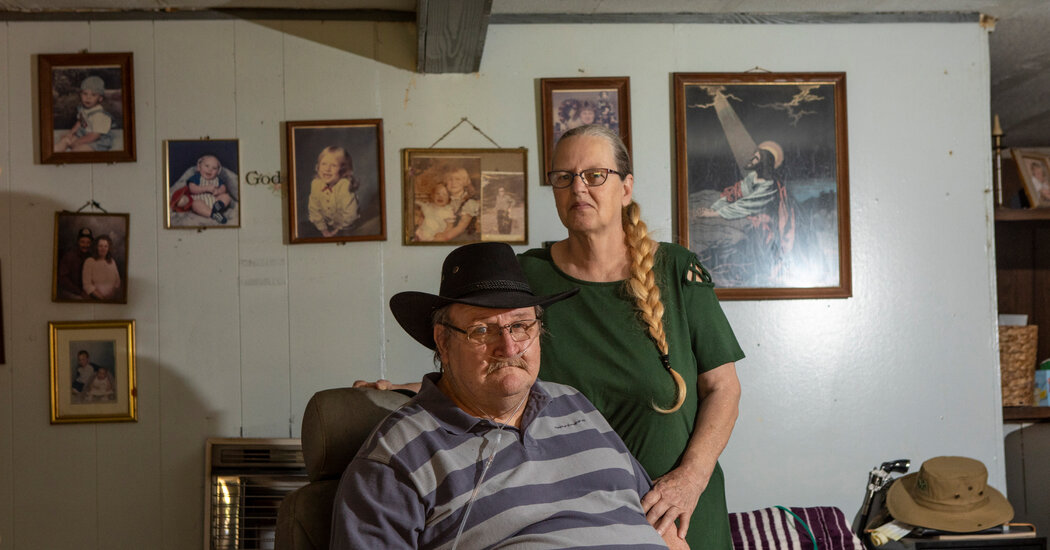
Diabetes is an insidious disease that significantly increases the risks of premature blindness, stroke, and circulatory and neurological problems that can lead to infections requiring amputation of gangrenous toes and feet. As with many chronic conditions, the poor and people of color are diagnosed with diabetes at disproportionately higher rates. Black and Latino Americans are more than twice as likely to receive a diabetes diagnosis as whites, and inadequate access to medical care can make it harder for them to juggle the complex dietary, monitoring and treatment regimens that can stave off its devastating complications. Although there is much researchers don’t understand, many believe that uncontrolled diabetes greatly amplifies the perils of a Covid diagnosis. That’s because a sedentary lifestyle, putting on extra weight or failing to keep close tabs on blood sugar levels fuel chronic inflammation inside the body, which can increase insulin resistance and weaken the immune system.
Inflammation triggers the release of cytokines, tiny proteins that regulate the body’s immune response to infection or injury. Cytokines are a critical component of the normal healing process, but for people with diabetes and underlying chronic inflammation, all those cytokines can damage healthy tissue. Covid, it turns out, can provoke an uncontrolled release of cytokines, and the resulting “cytokine storm” can wreak havoc on vital organs like the lungs, leading to dire outcomes and death.
People with type 2 diabetes tend to fare more poorly than those with type 1, in part because those with type 1 tend to be younger.
In some respects, the pandemic has already had some positive effects on diabetes care by elevating the adoption of technology that enables remote management of the disease. The ramped up embrace of telemedicine, for example, has made it possible for health care providers to spot a worrisome foot wound on a homebound patient.
Early in the pandemic, the Food and Drug Administration gave hospitals and long-term care facilities permission to distribute continuous glucose monitoring devices to coronavirus patients as a way of reducing the risks to health care workers. Clinicians have also learned the nuances of caring for hospitalized diabetics with Covid through more intensive monitoring and management of blood sugar levels.
But many advancements have been unevenly distributed. The uninsured cannot afford the latest glucose monitoring or insulin delivery devices, and in economically disadvantaged communities with low digital literacy, experts say that doctors are less likely to offer new technologies and treatments to Black and Hispanic patients, even when they are covered by insurance.
“The advances of recent years have been stunning but not everyone has access to them and that’s just tragic,” said Dr. Ruth S. Weinstock, a board member of the American Diabetes Association.




